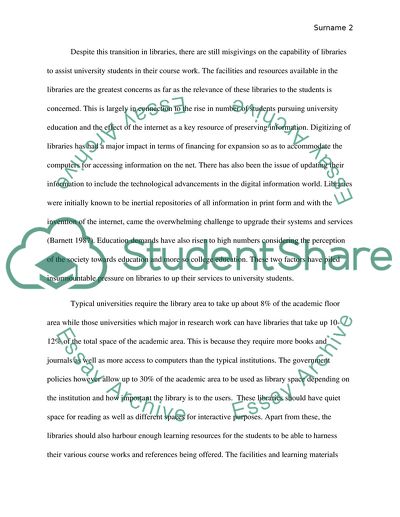Cite this document
(“How Facilities and Resources in UK University Libraries Assist Essay”, n.d.)
How Facilities and Resources in UK University Libraries Assist Essay. Retrieved from https://studentshare.org/education/1564684-discussion-about-how-facilities-and-resources-in-uk-university-libraries-assist-students-in-their-course-of-work
How Facilities and Resources in UK University Libraries Assist Essay. Retrieved from https://studentshare.org/education/1564684-discussion-about-how-facilities-and-resources-in-uk-university-libraries-assist-students-in-their-course-of-work
(How Facilities and Resources in UK University Libraries Assist Essay)
How Facilities and Resources in UK University Libraries Assist Essay. https://studentshare.org/education/1564684-discussion-about-how-facilities-and-resources-in-uk-university-libraries-assist-students-in-their-course-of-work.
How Facilities and Resources in UK University Libraries Assist Essay. https://studentshare.org/education/1564684-discussion-about-how-facilities-and-resources-in-uk-university-libraries-assist-students-in-their-course-of-work.
“How Facilities and Resources in UK University Libraries Assist Essay”, n.d. https://studentshare.org/education/1564684-discussion-about-how-facilities-and-resources-in-uk-university-libraries-assist-students-in-their-course-of-work.


